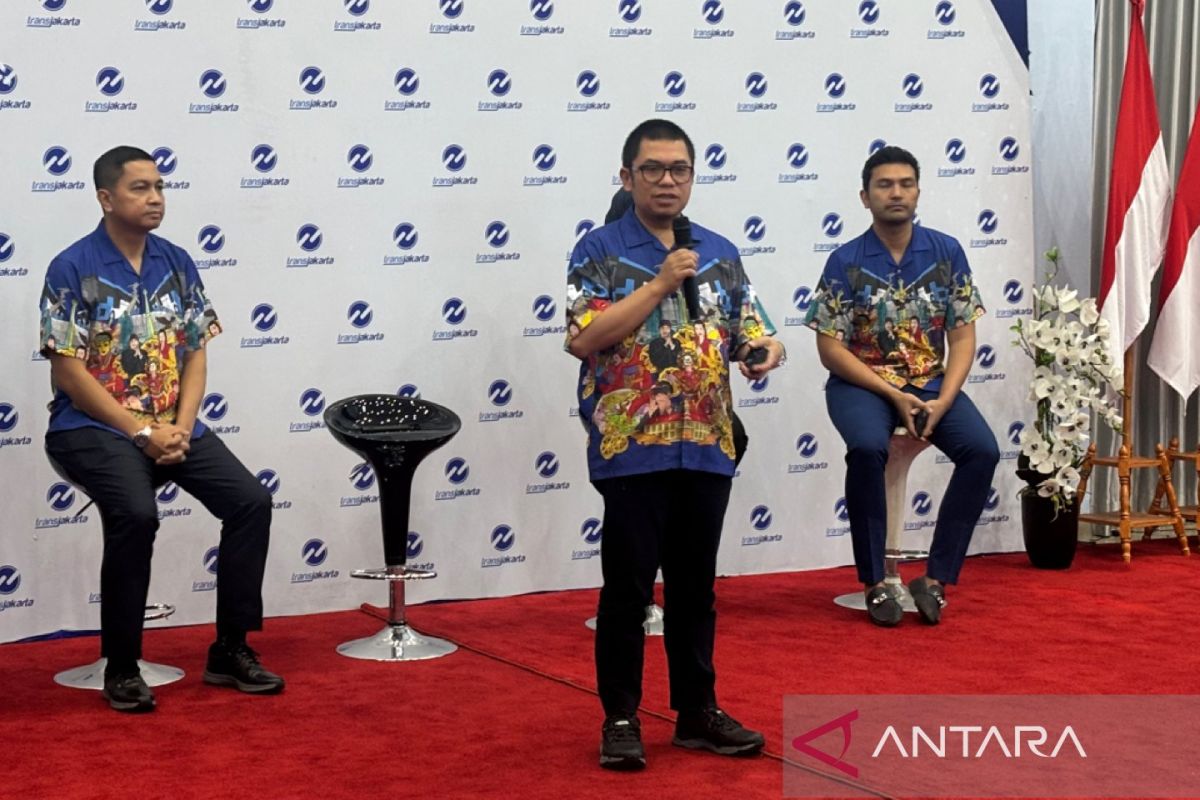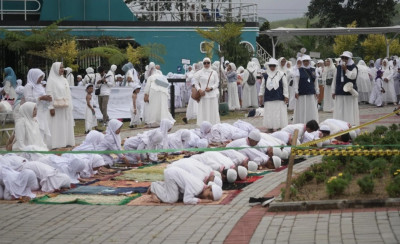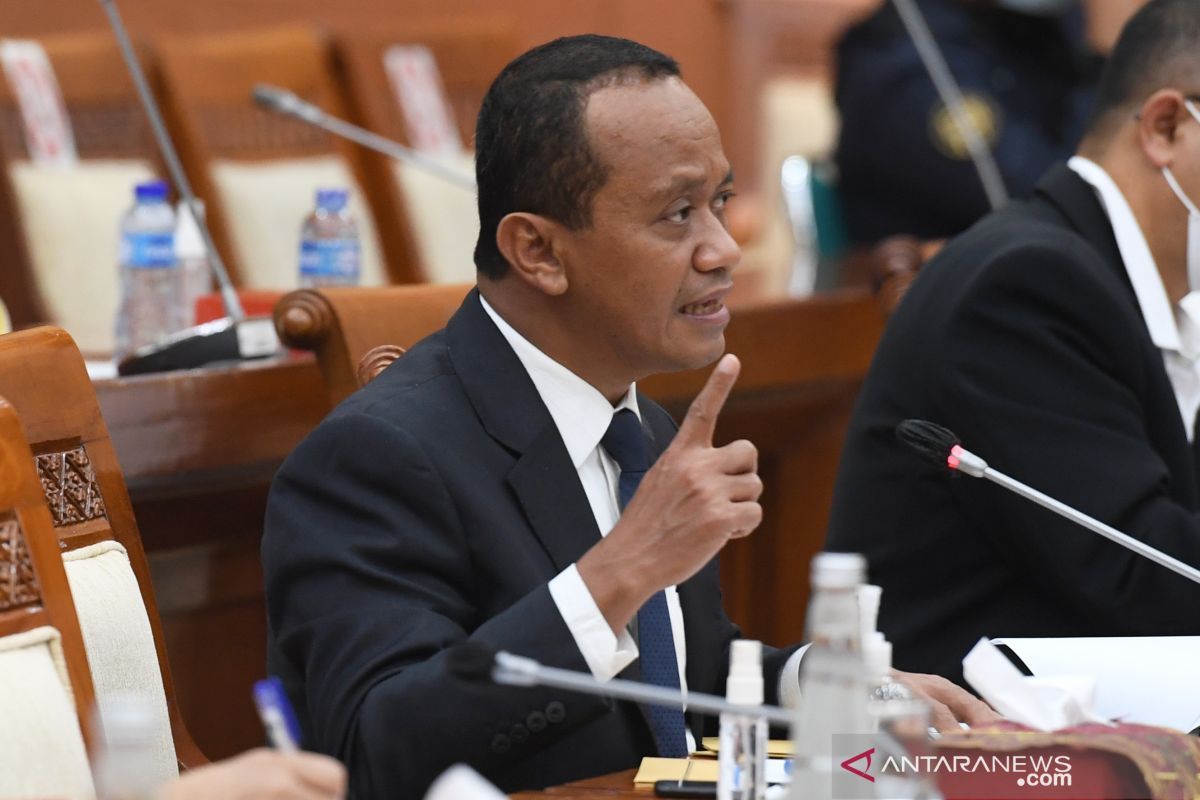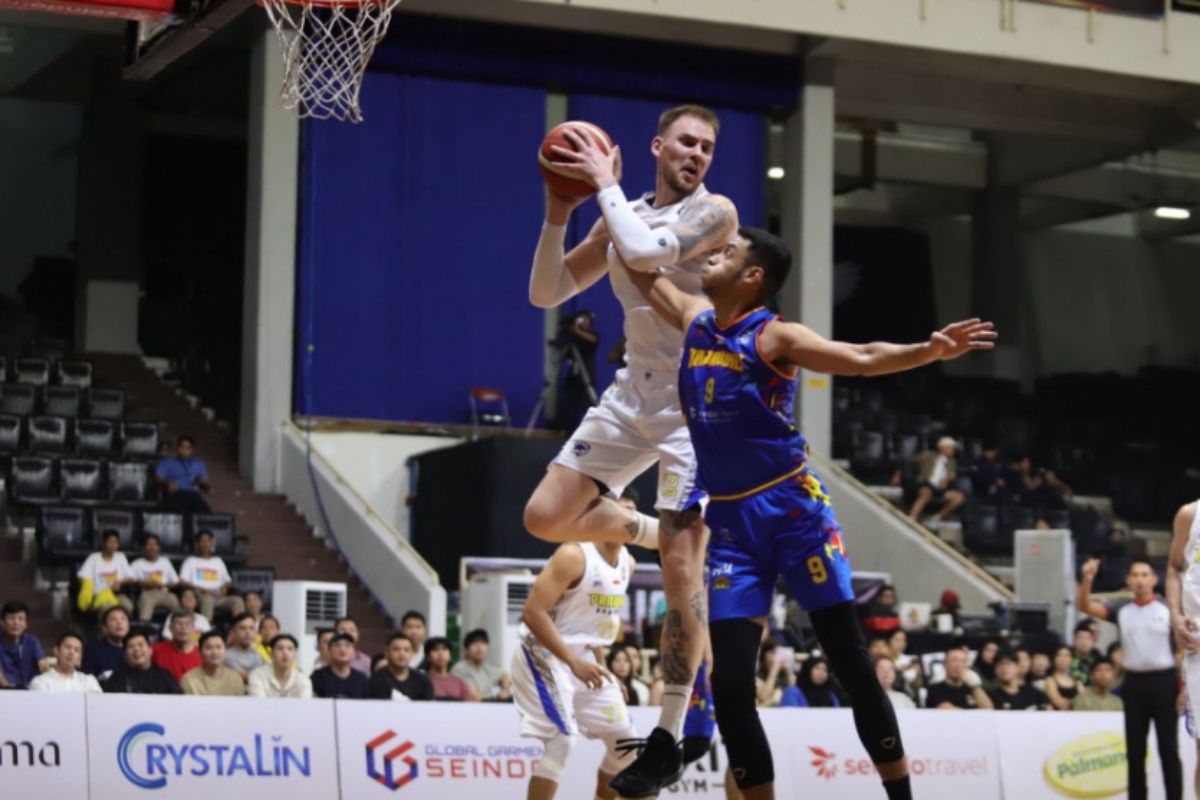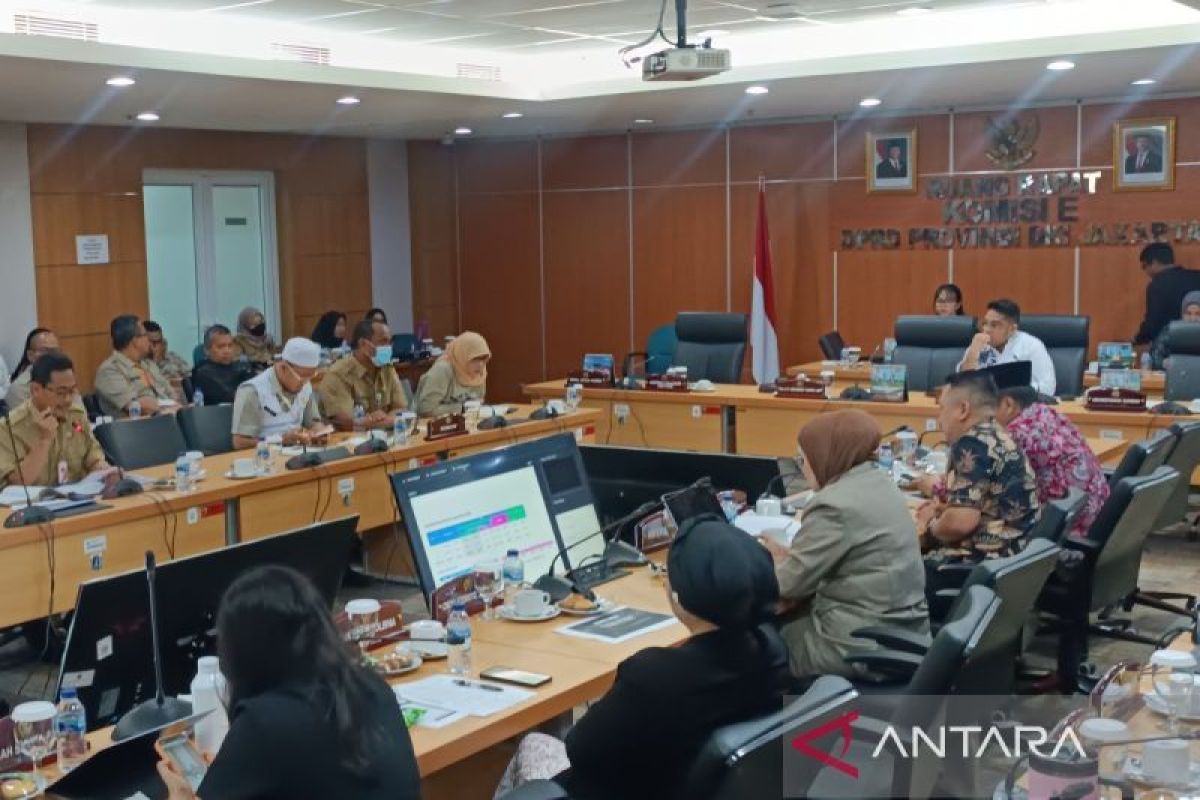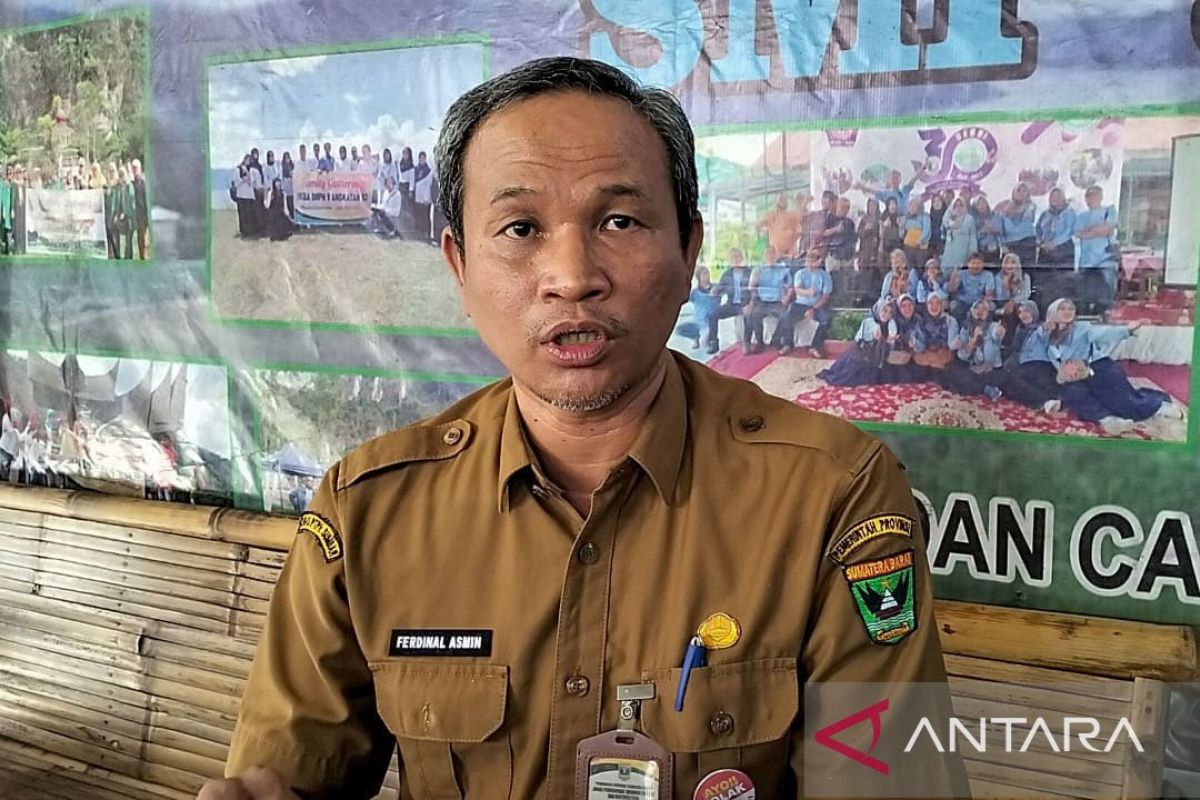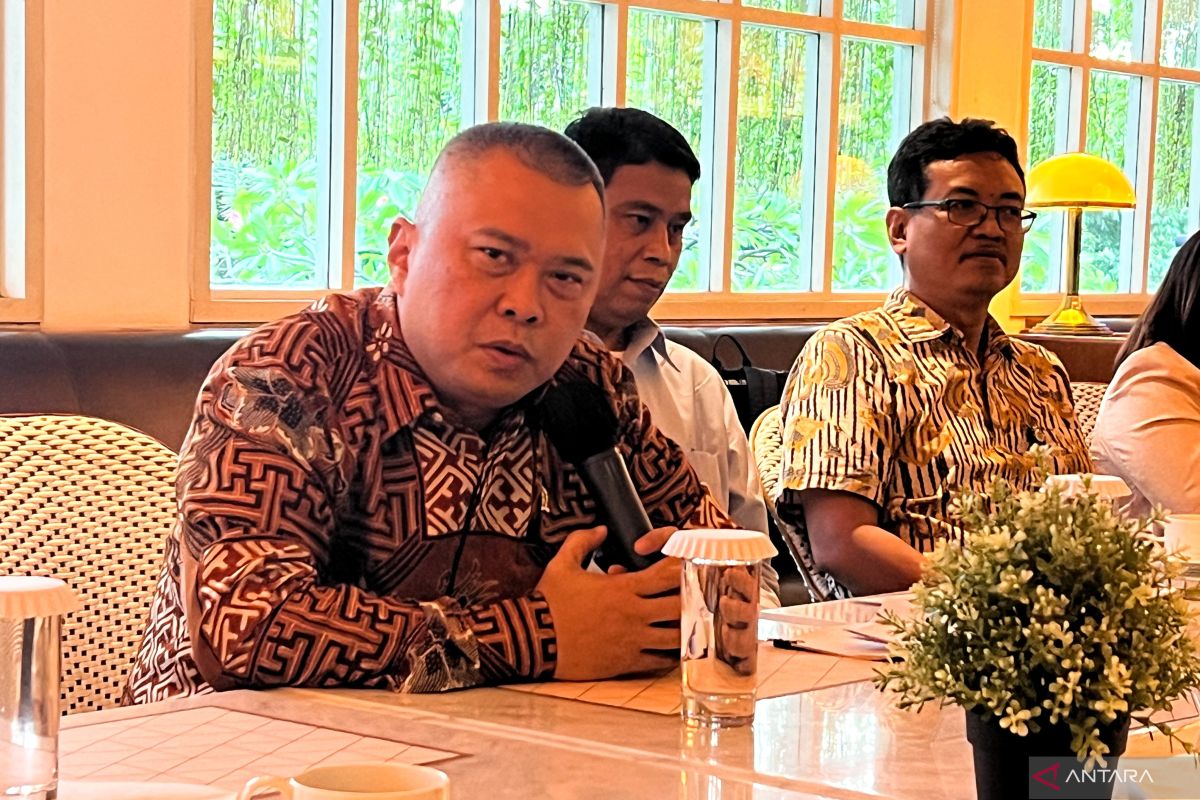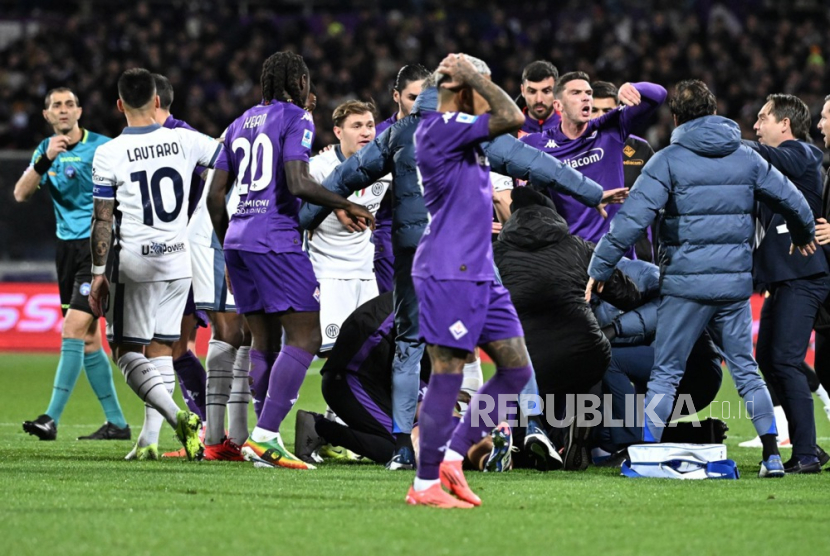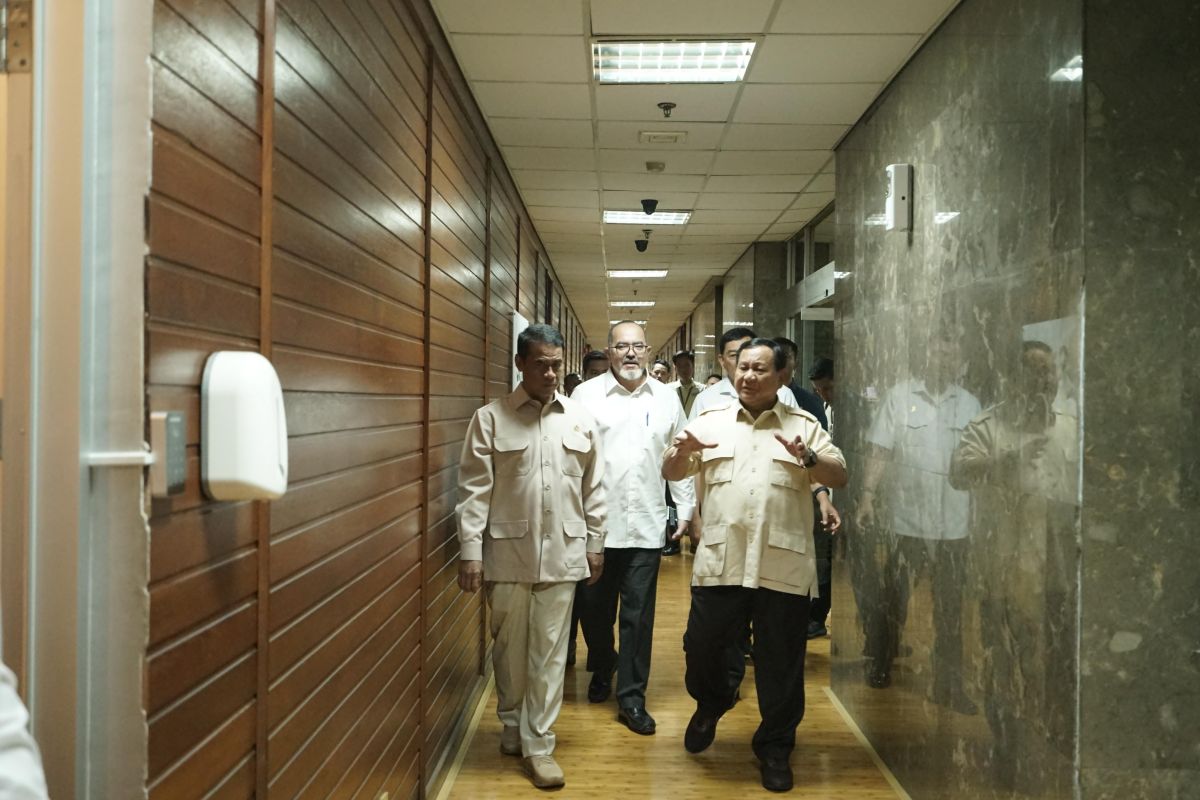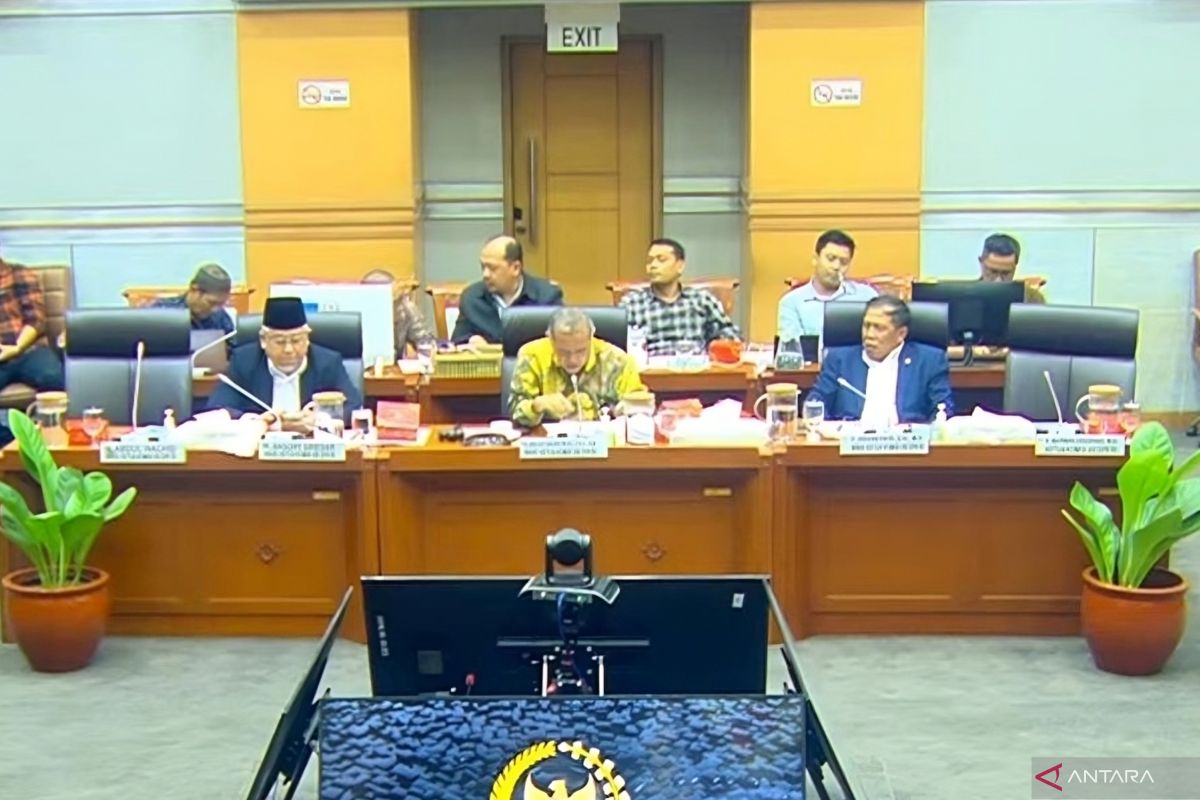Deputy Minister Arif Havas Oegroseno Explains Prabowo's Non-aligned Active Principle
Foreign Affairs Deputy Minister Arif Havas Oegroseno said President Prabowo Subianto will continue to prioritize the non-aligned active principle.

TEMPO.CO, Jakarta - Foreign Affairs Deputy Minister Arif Havas Oegroseno affirms that the direction of the foreign policy of the Indonesian President, Subianto, will continue to prioritize the non-aligned active principle. Indonesia does not take a neutral position, it does not lean towards any side, especially in the context of war.
Meanwhile, the non-aligned principle refers to an independent stance or not being dependent on any party. According to Arif, this principle enables Indonesia to have the freedom to seek partner countries and determine foreign policy without having to participate in the decisions of an alliance.
For example, countries whose foreign political decisions depend on alliances are members of the North Atlantic Treaty Organization (NATO) and the European Union. Member countries of such organizations are obliged to comply with alliance decisions.
"Independence has become a crucial matter now, as many countries consider independence very strategic," said Arif to Tempo at the Ministry of Foreign Affairs (Kemlu) office on Friday, January 17, 2025.
Furthermore, Arif also explained the active principle of the Prabowo government, which refers to an active stance in the international world. Through the active principle, Indonesia is not just passive and waiting for the actions of other parties.
Before this, the Head of the International Relations Department at the Center for Strategic and International Studies (CSIS), Lina Alexandra, questioned the non-aligned active principle implementation after Indonesia officially joined as a full member of BRICS. She also demanded an explanation that justified Indonesia's joining the organization.
"What benefits do we obtain? What risks must we face? What are the challenges?" Lina said in a press conference broadcasted through CSIS's YouTube account on Monday, January 13, 2024.
Lina explained that the non-aligned principle can only be well-implemented if it is carried out with the active principle. She affirmed that when joining an organization, Indonesia must ensure that it can actively contribute to determining the agenda and formulating policies within that organization.
The detailed direction of Indonesia's foreign policy is discussed in Tempo's special edition magazine on the first 100 days of President Prabowo's work, released this week. In the report "Foreign Politics Under Commander Prabowo," Tempo revealed the dominance of President Prabowo Subianto over foreign political decisions and diplomacy.
As president, tends to be reluctant to be dictated to when making decisions about foreign affairs. Decisions made by Prabowo without thorough consideration often cause turmoil domestically and internationally.
Editor's Choice:
to get the latest news updates from Tempo on Google News


